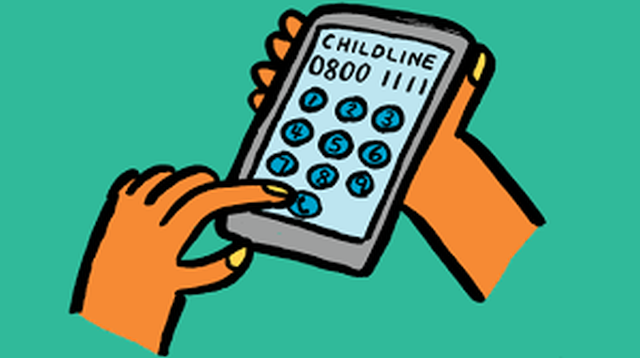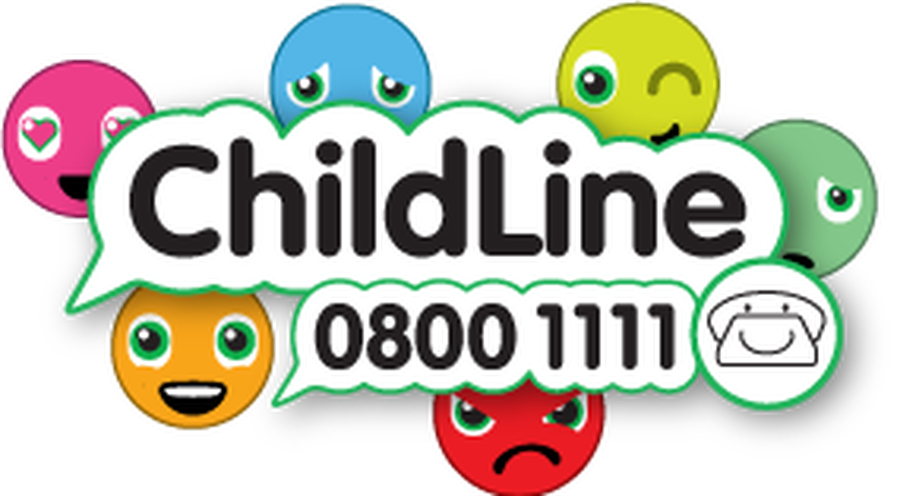The NSPCC’s Childline service has been inundated with contacts from children and young people about Coronavirus, and these are steadily increasing.
Childline has already counselled hundreds of children and young people concerned about the virus, and young people are finding additional support in one another on our online message boards.
Young people aged between 12 and 15 are the most common age group to contact us with worries about coronavirus, but it’s important in these uncertain times that we are talking to our children of all ages and addressing any concerns they may have.
Common issues children are discussing include anxiety, exacerbated by the disruption of their normal routines due to school closures, as well as the inescapable 24/7 news coverage. This is difficult to comprehend as an adult, but it can be even more challenging for a child to process.
It makes sense that the constant influx of bad news can be very overwhelming for a child. Many young people are already coping with challenges in some way, whether that’s school, friendships, or just growing up. At this transitional point in their lives, the extra pressure caused by COVID-19 can be very difficult for young people to cope with.
Common issues discussed by young people include being scared about catching the Coronavirus, concern for family members, and worries of dying.
With round-the-clock news showing pictures of empty shops and charts of death rates, it makes sense that young people in Wales are picking up on the situation and panicking.
One young person told Childline: “This virus has brought my anxiety up more than anything else in my life.”
Another added: “Everyone is radicalising it and scaring me to the point I’m scared I may do something to myself and I don’t want to face the world because I’m too scared of the virus.”
We know that some young people don’t get on with their family or feel unsafe at home, and for these young people it’s a particularly challenging time.
One young person told us: “School is my safe, happy place and no matter how bad things at home got it was almost always somewhere I could trust to be safe or, at least, safer than home.”
Racially charged bullying has been mentioned in some cases due to Coronavirus originating from China.
My advice to parents, carers and professionals on talking to children about the virus is to balance helping them to understand the facts whilst providing emotional support.
It’s important not to shy away from talking about the coronavirus with your children. They may have already picked up snippets of information from social media or the news, and even though they haven’t discussed it with you they may be wondering what it means for them and people they care about. Be calm, honest and informed when talking to them about news related to the coronavirus.
Begin the conversation by asking them what they already know about it. Reassure them that you are going to listen to them, remove any distractions and mute any sounds so that you can give them your full attention.
Try not to interrupt when they talk to you about it, just let them say what they need to say and pay attention. If they address fears, be sure not to dismiss them. Children will be taking in a lot of information now, and anxious minds can create a variety of worries.
When they’ve finished, calmly explain the facts of the situation. You can find these through NHS and World Health Organisation sites, with advice on what we know about COVID-19 and how to help protect yourself from it. It’s important to be honest and tailor what you say to their maturity.
At Childline we know that it can be daunting to try and help a child through challenging times. We recommend that you encourage them to use Childline’s online message boards to talk to other young people about how they’re feeling. They can also draw pictures and play games to relax and have fun.
Talking to people will help a young person realise they are not alone. It’s important we allow them to make time for themselves, create a routine to limit the impact having time off can have on things like mood and sleep, as well as keep them busy with things like exercise, schoolwork or hobbies.
They can also speak to a trained Childline counsellor for free using the Childline website, or by calling 0800 1111.

| [donate]
| Help keep news FREE for our readersSupporting your local community newspaper/online news outlet is crucial now more than ever. If you believe in independent journalism,then consider making a valuable contribution by making a one-time or monthly donation. We operate in rural areas where providing unbiased news can be challenging. |




















